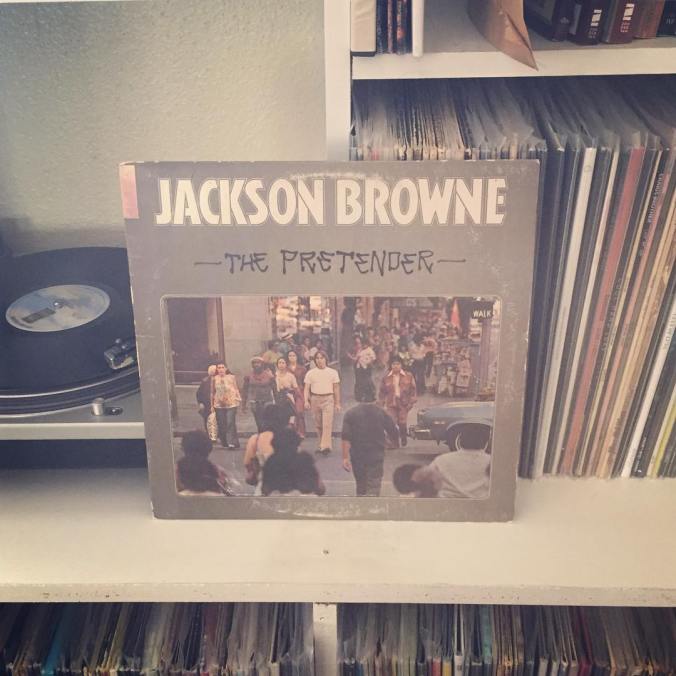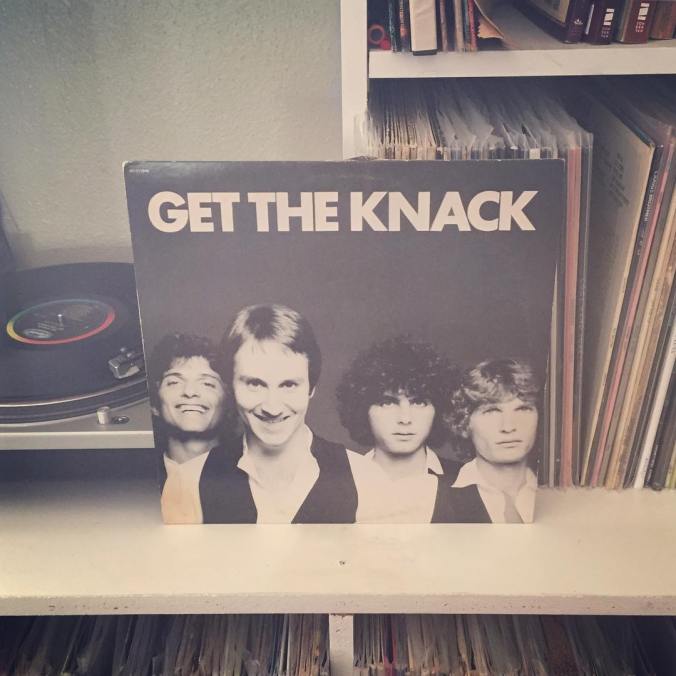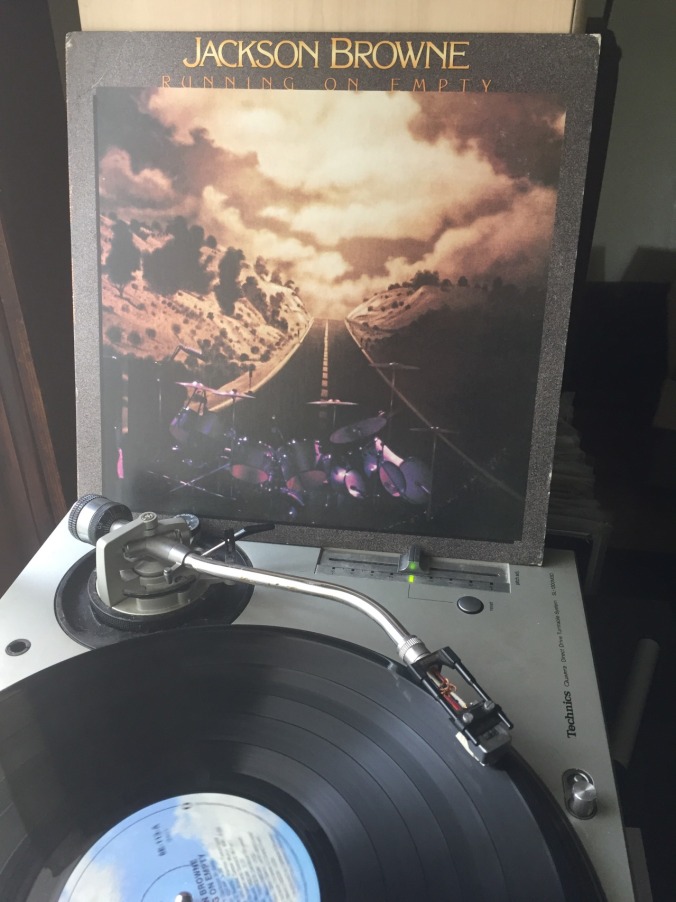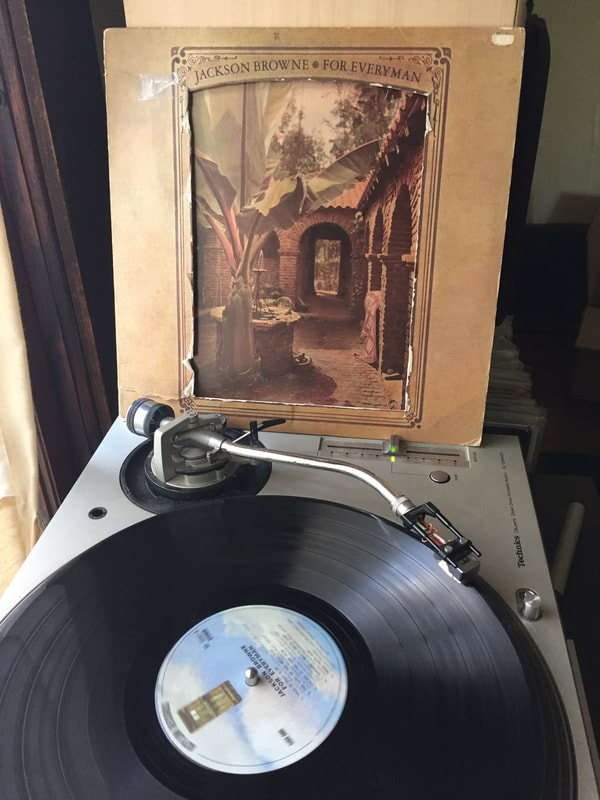The thing about the Beatles’ breakup is that it didn’t mean the end of music from the four men who called themselves the Beatles. In fact, quite the opposite. In 1970 alone, each member released a solo album (as well as the problematic Let It Be). Ringo debuted in March with a collection of standards (Sentimental Journey). Then in May, Paul released a ramshackle collection of half-finished songs (McCartney). In the end of November, George released a three disc opus chronicling all of the (absolutely incredible) songs Lennon/McCartney turned down for Beatles records (All Things Must Pass). Everyone waited on John, who at this point seemed like the true genius of the group (untrue, but we’ll get to that).
Two weeks after George, John and Yoko released two separate albums with nearly identical covers recorded in the same recording session, both called Plastic Ono Band. Yoko’s was an obtuse amalgam of music concrète and free jazz (Ornette Coleman guest stars!), which would have been incredibly off putting for those who bought John’s record, which against all odds, featured some of his most straightforward songwriting. Sonically, the performances follow his bluesier contributions to White and Let It Be. These songs tap the roots of rock and roll tradition, intentionally stripped to their barest bones. A few doubled vocal tracks and sound effects are scattered about the playlist, but the production is the most raw Lennon has been since Ed Sullivan.
And speaking of raw, this record was recorded after Yoko introduced John to primal scream therapy, which he had used to process the loss of his mother as a child and his abandonment issues from never knowing his father. The lyrics reflect this with almost painful clarity (most specifically on the opener “Mother”), while the literal practice of primally screaming is used in some of the tracks. As such, John never recorded anything as visceral as “Well Well Well,” which includes a screamed middle section. The single most vitriolic thing he ever sang is in the climax of “God,” where he sings loudly, “I don’t believe in Beatles!” Pause for the sting to hit. “I just believe in me/Yoko and me.” Ouch. And Ringo is right there, man! (he drummed on the whole album. And All Things Must Pass. Everybody still loved Ringo). But for all its venom, the album has some tenderness to it–Look At Me is maybe his best love song ever.
While John Lennon/Plastic Ono Band is an incredible statement from an incredible artist, it’s hard to use it to support Lennon’s superiority. Some argue that this is the finest Beatles solo ever. They’re wrong. That honor goes to either All Things Must Pass or Paul’s Ram, but Plastic Ono Band is undisputedly in third. It would have been interesting to see these songs with some of George’s lead lines, and who knows if Paul would have made them sweeter or pushed them into even rougher territory (remember: Paul was the roughest rocker of the bunch. See: Helter Skelter, Oh! Darling, his guitar solos in The End and Taxman and scats in Hey Jude). But as it is said, it does not do to dwell on dreams.
 There are two things that I generally don’t care about at all: radio rock and greatest hits compilations.
There are two things that I generally don’t care about at all: radio rock and greatest hits compilations. After the manic scattershot of
After the manic scattershot of  The pantheon of great American singer-songwriters is a broad and inspiring pool. From the poignant commentary of Bob Dylan to the howling anthems of
The pantheon of great American singer-songwriters is a broad and inspiring pool. From the poignant commentary of Bob Dylan to the howling anthems of  These days, the Knack is mostly remembered for just one single: the infectious, raunchy “My Sherona” that still gets airtime on every classic rock station in the country.
These days, the Knack is mostly remembered for just one single: the infectious, raunchy “My Sherona” that still gets airtime on every classic rock station in the country.

